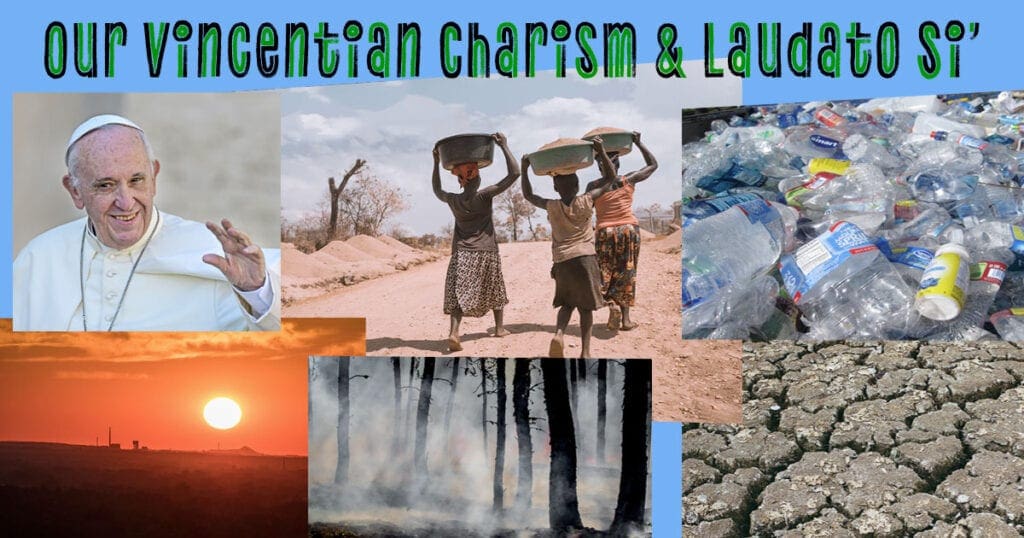Several months ago a new book was published entitled Faith for Earth: A Call for Action. It was co-authored by the United Nations Environment Programme (UNEP) and the World Parliament of Religions. The message from the Faith for Earth Initiative in the opening pages notes that “We need a common ethical system of values no matter what religion we believe” (UNEP) and that “The context in which we will make our choices must include the full panoply of faith, science, and social institutions. If these institutions are to become agents of sustainability, they will need to be enabled by knowledge and inspired by faith.”(Parliament of World’s Religions). The scriptural writings of each tradition as well as quotes from wisdom figures clearly articulate each faith’s concern for the environment and a commitment to honor care for creation not only in words, but by actions.

The section on Catholicism notes that Laudato Si’ was written by Pope Francis to every person living on the planet and that it encompasses the fields of economics, politics, education, theology, and spirituality. It also states that “Since it was published, public perception of climate change as a moral issue has increased significantly and more people have been motivated to take action.”
Laudato Si’ provides a roadmap for navigating the very uncertain times in which we find ourselves today. We are facing an ecological crisis which is both a profound moral and cultural crisis. We have both separated ourselves from nature and placed ourselves above nature with disastrous consequences. Laudato Si’ calls us to an ecological conversion, an integral ecology which recognizes that everything is connected. The document Faith for Earth…quotes the work of Father Johstrom Kureethadam which sets forth a concrete means of working towards an ecological conversion both personally, but also as a community.
Father Ksureethadam uses the see-judge-act method of analysis to reflect on Laudato Si’. Long a part of Catholic Social Teaching, this method invites us to take a moment to stop and look at a situation with eyes wide open, then judge the situation in light of what our faith calls us to do and then act by determining how we can best be a bridge between what is and what our faith says should be. The following provides a structure that calls us to allow Laudato Si’ to move us from reflection to action – to ecological conversion.
Ten Green Commandments of Laudato Si’
See
- Earth, our common home, is in peril. Take care of it.
- Listen to the cry of the poor who are the disproportionate victims of the crisis of our common home.
Judge
- Rediscover a theological vision of the natural world as good news.
- Recognize that the abuse of creation is ecological sin.
- Acknowledge the human roots of the crisis of our common home.
Act
- Develop an integral ecology as we are all interrelated and interdependent.
- Learn a new way of dwelling in our common home and manage it more responsibly though a new economics and a new political culture.
- Educate toward ecological citizenship through change of lifestyles.
- Embrace an ecological spirituality that leads to communion with all of God’s creatures.
- Care for our common home by cultivating the ecological virtues of praise, gratitude, care, justice, work, sobriety, and humility.
Faith for Earth: A Call for Action is free to download by simply googling the title.
The Vincentian Charism and Laudato Si’ is our effort to share various ways that Vincentians find their charism connects with Laudato Si’. We encourage your comments on these posts and welcome anyone interested in submitting an article to email Jim Paddon at jpssvp@hotmail.ca.







0 Comments